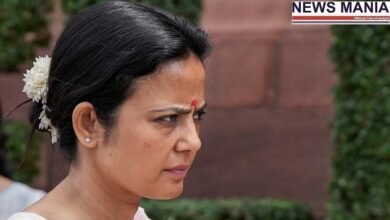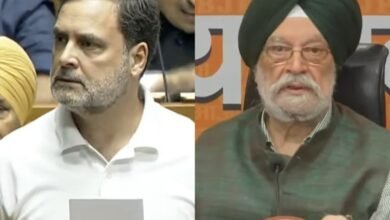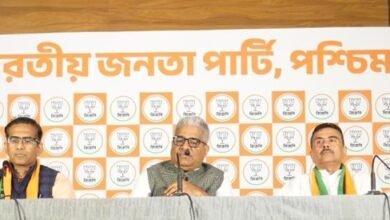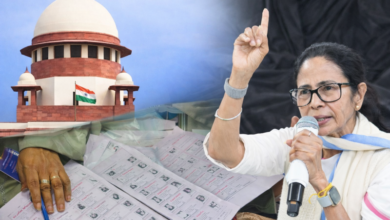Cracks Emerge in Opposition Unity as Bihar Chief Minister Disagrees with Journalist Boycott
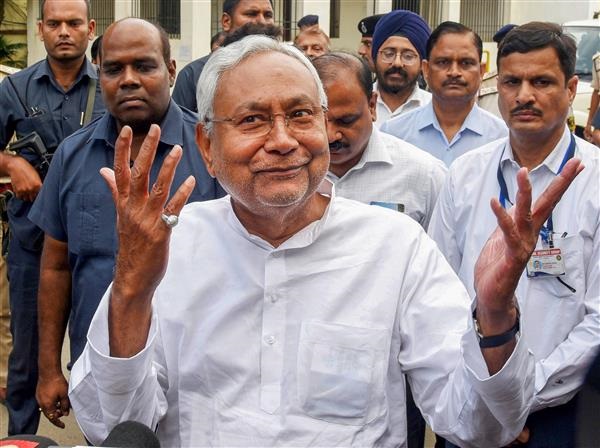
Signs of division within the Opposition bloc have begun to surface, as Bihar Chief Minister Nitish Kumar openly rejects the alliance’s decision to boycott shows and events hosted by 14 TV journalists and news anchors.
Kumar’s stance on this matter is clear and unwavering. He firmly opposes the boycott, asserting that he is not against any journalists, and he firmly supports the freedom of the press. In his view, when journalists are granted full freedom, they can write and report on matters they deem appropriate without external influence or control.
The Bihar Chief Minister expressed his belief that journalists should not be subject to constraints or restrictions and questioned the idea of attempting to exert control over them. He emphasized that throughout his political career, he has never sought to limit the freedom of the press or suppress the voices of journalists.
However, Kumar did admit that he was not previously aware of the boycott of TV news anchors by the Indian National Developmental Inclusive Alliance (INDIA). INDIA is a coalition of 28 Opposition parties, spearheaded by the Congress party. It appears that the decision to boycott the 14 TV journalists and anchors was made within the framework of this alliance without the full awareness or agreement of all its members.
Kumar’s statements suggest that he believes certain individuals holding positions of power at the central government level may have influenced or manipulated some members of the Opposition coalition. These influences, he believes, might have led to actions like the boycott of specific journalists and news anchors.
The public disagreement within the Opposition bloc, as voiced by Nitish Kumar, underscores the complexities and challenges that come with maintaining unity among diverse political parties. While these parties often join forces to collectively oppose the ruling party or government, differences in opinions and strategies can emerge, leading to internal divisions.
In this instance, Kumar’s commitment to press freedom and his opposition to the boycott of journalists highlight the importance of principles and values within the realm of politics. The freedom of the press is a cornerstone of democracy, and Kumar’s stance reflects a commitment to upholding this fundamental democratic ideal.
As the political landscape continues to evolve and as Opposition parties navigate their roles and responsibilities, it remains to be seen how these internal disagreements will be addressed and whether they will impact the cohesion and effectiveness of the Opposition bloc.
Regardless of the outcome, Nitish Kumar’s vocal stance on this matter underscores the importance of open dialogue and the exchange of differing perspectives within the realm of politics. It serves as a reminder that even within alliances, the diversity of opinions and principles can be a source of strength and vitality, as long as it is handled with transparency and respect for democratic values.
News Mania Desk / Agnibeena Ghosh 21th September 2023



